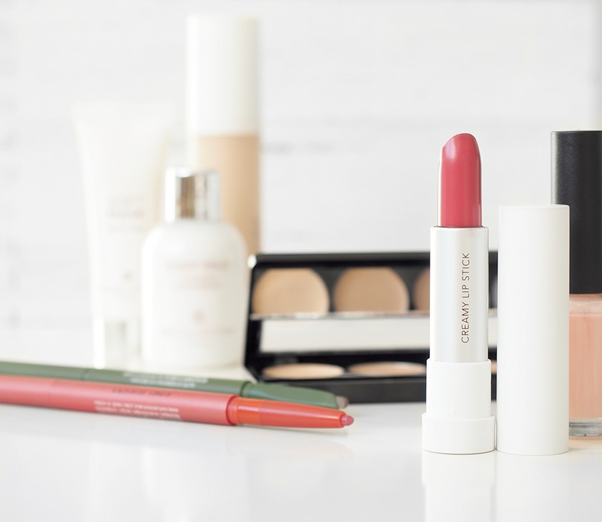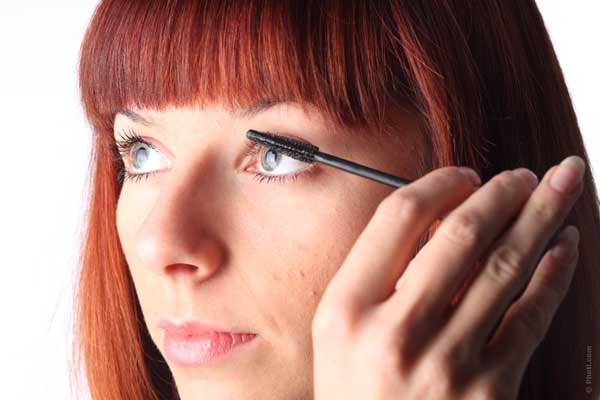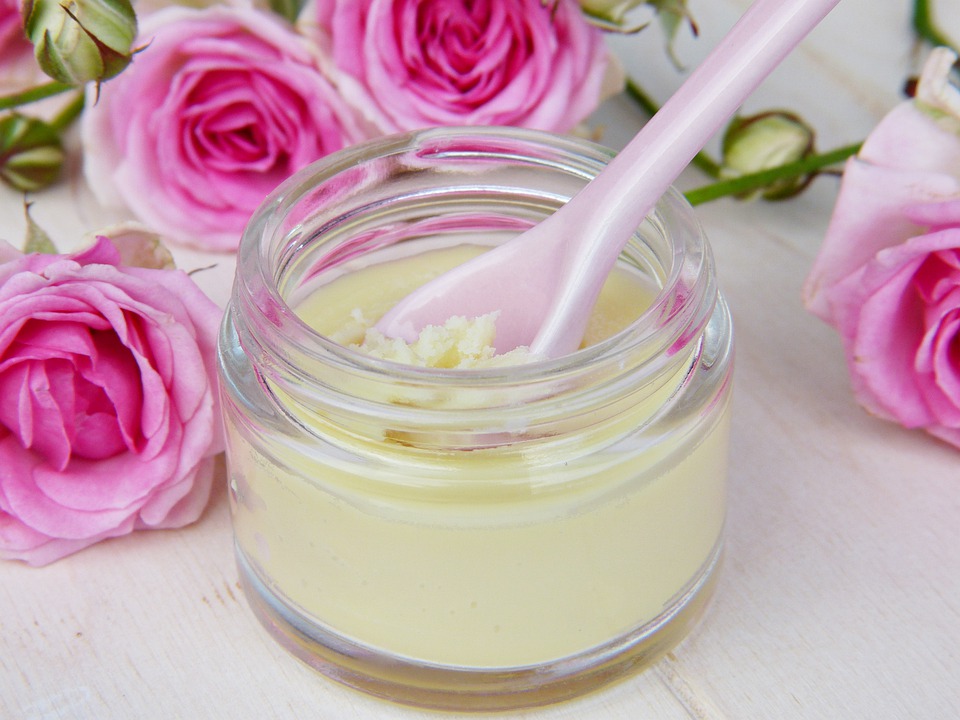Just how safe is the eye mascara, hair shampoo or body lotion that you’re using? Unbeknownst to many consumers, many of the beauty products we use and love are barely safe, despite having gained the Food and Drug Administration’s (FDA) stamp of approval. Certain ingredients in skin care products – while capable of leading to desirable outcomes – have been proven to cause multiple negative side effects including hormonal disruption, increased exposure to cancerous carcinogens, and faster aging. Read on below to find out the kind of beauty products whose safety standards are quite questionable; as well as the precautionary measures you need to take as a consumer, to stay on the safe side.

Organic beauty products
In a bid to maximize product sales in a world that is increasingly environmental/ health-conscious, many cosmetic brands nowadays label their products as organic, which is not entirely true. While such lotions, oils, and creams that contain organic ingredients have their obvious advantages, including skin detoxification and acne reduction; they’re not usually entirely organic, as most brands usually incorporate a synthetic preservative and various other harmful chemical ingredients. Parabens, for instance, are a type of preservatives that have been proven to cause endocrine disruption.
What to Do:
You can purchase safe, organic cosmetic products- that are proven to contain no man-made preservatives- from credible online stores. If you’re doubtful of the claim on the product’s packaging, that it’s an organic cosmetic product, do some online research to ensure that the ingredients in the ingredient list of the product labeling are all organic. There are numerous online databases which list thousands of beauty products, their ingredients and the health risks of each of them.
Cosmetic Products that Contain Talcum
Talcum is a mineral that is usually mined in close proximity to asbestos, which is known to cause cancer. While research is still ongoing as pertains talcum’s carcinogenic properties, The International Agency for Research on Cancer has in the past warned of possible links between prolonged use of talcum powder around the genital area. This claim is backed by the talcum powder lawsuits, which are a series of court cases filed by multiple women against Johnson’s and Johnson’s, after having contracted ovarian cancer following prolonged use of the brand’s talcum powder baby powder. Even if talcum itself were to be proven non-carcinogenic, the proximity of mining sources still means that the chances of asbestos contamination would still high. With government regulators having agreed to let cosmetic industry regulators set their own laws regarding the percentage of asbestos that should not be exceeded for talcum-based products; consumers are usually left with no choice but to buy beauty products that put them at risk of getting cancer.
What to Do:
Most women who’ve used talcum powder before like it for its moisture absorption properties. However, it is advisable to avoid long-term use of talcum-based products. You can look up the product labeling to establish whether your eye shadows, cosmetic powders, or deodorants contain talcum or not. If you’re looking for a good moisture-absorbent powder product, try a corn starch alternative.
Nanotechnology-Based Cosmetic products
Nanoparticles are minute particles that are increasingly being used by cosmetic makers as ingredients for various products. The problem, however, is that they can cause various serious side effects like DNA damage and cellular toxicity.
What to Do:
Undertake online research to establish which nanoparticles do not pose a health risk to humans. Alternatively, you could search online cosmetic product databases to establish which ones contain nanoparticles and thus avoid them.
Cosmetic Products That Contain Petroleum Distillates
Mostly used to make mascara products, petroleum distillates are quite harmful to the human body and you should take every necessary precaution to avoid beauty products that contain these as part of their ingredients. These chemicals have been listed as possible cancer-causing agents, as well as triggers for DNA mutation.
What to Do:
Some cosmetic products that use petroleum distillates don’t list them on their ingredient list on the product labeling. Luckily, as a consumer, you’ve got the help of online resources. Online databases like ‘Skin Deep’ list makeup products that contain petroleum distillates. This will help you know what to avoid.
 To stay on the safe side as a consumer, it’s crucial to take the precautionary measures listed above before buying cosmetic products. However, if you feel that it’s too late and your health might have already been affected due to prolonged use of such products and are seeking justice, contact a lawyer to for legal guidance on how you can seek compensation for such cosmetic product injuries.
To stay on the safe side as a consumer, it’s crucial to take the precautionary measures listed above before buying cosmetic products. However, if you feel that it’s too late and your health might have already been affected due to prolonged use of such products and are seeking justice, contact a lawyer to for legal guidance on how you can seek compensation for such cosmetic product injuries.











